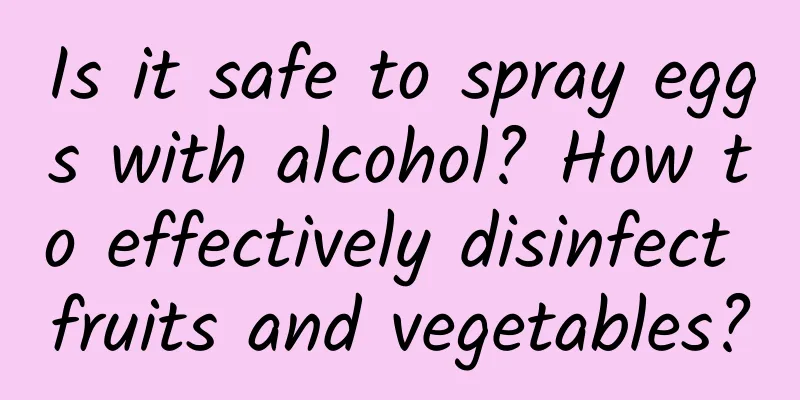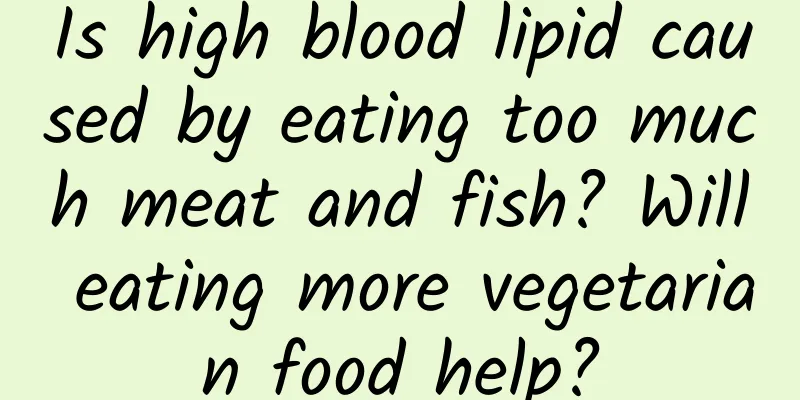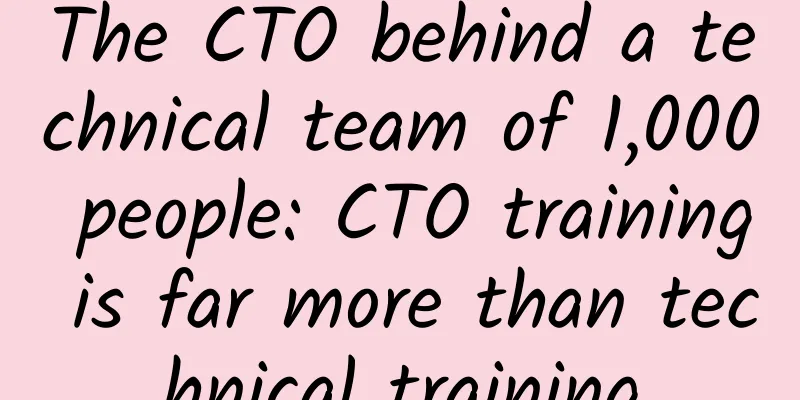Is it safe to spray eggs with alcohol? How to effectively disinfect fruits and vegetables?

|
The spread of the new coronavirus through logistics, express delivery and other channels is a risk that cannot be ignored. Therefore, many residents’ first reaction when receiving group-purchased vegetables is to disinfect them. So the question is, can eggs be disinfected with alcohol? Are there any special requirements for disinfecting fruits, vegetables, meat and eggs? Let’s talk about it today. Since the new coronavirus has very weak survival ability on its own and needs the help of a host to reproduce and grow, and the new coronavirus has a relatively long survival period in low temperature and low humidity environments, the moist surface of fruits and vegetables is not suitable for the survival of the new coronavirus. Under normal conditions, even if fruits and vegetables are contaminated, their survival time is only about 3 days. If certain disinfection treatments are carried out, the risk of infection by the new coronavirus can be reduced and eliminated. The disinfection of pathogenic microorganisms is a realistic problem that cannot be avoided in our daily lives. There are many disinfection methods at present, such as high temperature, irradiation, ozone, chemical and other sterilization methods. However, since different sterilization methods have their own characteristics, it is necessary to select appropriate disinfection methods according to the characteristics of the new coronavirus and fruits and vegetables. Commonly used alcohol disinfection methods at home When we are doing nucleic acid testing, we often see doctors using alcohol spray to disinfect the environment. Alcohol is indeed a very efficient sterilization method. It can destroy the peptide bonds of the proteins of microorganisms, denature them, and cause microbial metabolic disorders. Currently, alcohol (75% ethanol) spray is commonly used for disinfection in small environments. Generally, alcohol can kill the new coronavirus in a short time (3-8 seconds) in the air and on smooth surfaces. However, there are two aspects that require special attention when spraying fruits and vegetables with alcohol: On the one hand, since the surface of fruits and vegetables is uneven and there are many layers, although alcohol can kill some germs, its application in the disinfection of fruits and vegetables will be subject to certain restrictions due to the regional limitations and unevenness of the spray. Root vegetables, fruits, onions and garlic vegetables can be disinfected with alcohol, but for leafy vegetables, fungi and other vegetables, surface spraying will cause emergency damage and easily induce premature maturity and aging of fruits and vegetables. Some residents use alcohol spray to disinfect eggs, but alcohol will destroy the original water-soluble protective film on the eggs, making it easier for bacteria to enter the eggs. Although it has a certain disinfecting effect on the new coronavirus, it is easy for other pathogens to take advantage of the opportunity to enter. If the eggs are eaten immediately after disinfection, there will be little impact. If the eggs are stored for a long time, it is recommended to use chlorine-containing disinfectant spray instead. On the other hand, alcohol is volatile and unstable, and is a flammable and explosive product. High concentrations of alcohol in confined spaces pose certain safety risks. Alcohol at 75% can cause combustion or even explosion at temperatures as low as 22°C. Therefore, you must pay attention to safety when using alcohol indoors: first, do not have open flames; second, do not use large doses of alcohol spray, such as a 360-degree alcohol spray disinfectant for your home. It will be much safer to change the spray to wiping (spraying fruits and vegetables in small doses is not a big problem, but remember to keep ventilation); third, do not spray alcohol on clothes, as static electricity on clothes can easily cause explosions. Ultraviolet disinfection Ultraviolet environmental disinfection is also widely used. It has the characteristics of "simple, broad spectrum, and high efficiency", but it is ineffective in places where ultraviolet rays cannot reach. It also has shortcomings such as "degradation, weak penetration, and short lifespan". Ultraviolet disinfection is more suitable for use in open and unobstructed spaces, such as processing workshops, operation rooms, and other environmental disinfection. Due to the three-dimensional shape and shielding properties of fruits and vegetables, it is difficult for ultraviolet rays to sterilize all surfaces of fruits and vegetables, and ultraviolet light can damage the surface of fruits and vegetables. Therefore, the effect of ultraviolet disinfection on fruits and vegetables is not very ideal. Recommended use: Chlorine-containing product disinfection method At present, hypochlorous acid or chlorine dioxide is a commonly used disinfectant in daily life. It has the characteristics of "high safety, good broad spectrum, outstanding effect and easy use". It can kill bacteria, fungi, viruses, Mycobacterium tuberculosis and other microorganisms through spraying, soaking and fumigation. Hypochlorous acid water with an effective chlorine content of 50 mg/L can achieve ideal disinfection effect in 15 seconds at room temperature. It is suitable for the disinfection of fruits and vegetables under epidemic conditions. So if you are still using alcohol spray on a daily basis, you can switch to chlorine-containing disinfectant spray, which not only has less impact on green leafy vegetables, but also has no safety risks. Recommended use: Allicin E and other antibacterial products Some new disinfection products currently under development, such as allicin E, complex quaternary ammonium salts and other products, have very significant effects in virus disinfection. Allicin disinfection products are natural biosynthetic disinfection products that are safe for the environment and have no toxic side effects. Natural allicin preparations have excellent antibacterial and disinfection effects, destroying the normal metabolism of pathogenic bacteria. They can be used for spraying, soaking and fumigation. Allicin suspended in the air at 5ppm can achieve efficient antibacterial disinfection. It is widely used in environmental antibacterial disinfection in public spaces and homes, and is also very good for use on fruits and vegetables. Composite quaternary ammonium salt is a cationic surfactant. Relevant tests have found that its killing rate for pathogenic microorganisms can reach 99.999%, and its disinfection effect is very outstanding. Class representative summarizes 1. Alcohol disinfection shortens the shelf life of green leafy vegetables and eggs. At the same time, the use of spray indoors also poses a flammable risk and is limited to small-scale use (disinfecting dishes). Chlorine-containing disinfectant can be used instead of alcohol for disinfection. 2. Ultraviolet disinfection has certain limitations and the effect is not ideal. 3. During the epidemic, it is recommended to use chlorine-containing disinfectants and some disinfection products on the market to disinfect dishes, such as new products such as garlic E, which have less impact on the quality of fruits and vegetables. Edit: Send a bowl The article is owned by Shanghai Natural History Museum Reproduction without permission is prohibited Want to contribute? To submit your article, please click [email protected] |
<<: The Pretender: The winding road of using sugar substitutes to quit sugar
>>: Small fire ants "invade" my country! Is it related to red fire ants?
Recommend
Mid-Autumn Festival brand marketing promotion routine!
Mid-Autumn Festival, one of China's four majo...
Can advertising on TikTok bring in traffic?
TikTok has become popular, and many marketers are...
The bathroom is so small, why is the WiFi signal always so bad?
The bathroom is so small, why is the WiFi signal ...
3 data analysis methods that product operators must know!
“What kind of product operation is it?” “Is produ...
Tarot Primary Teaching Baidu Cloud Download
Introduction to Tarot Primary Teaching Resources:...
How much does the Chinese version of "Bad Divers Super Earth Ultimate Edition" weigh when it is released at the same time as PS4 Pro?
September 8th is definitely a day worth looking f...
Learn more about IOS9 every day 2: UI testing
Automated testing of user interface tools is very...
50 Children's Day copywriting sentences, worth collecting!
I have shared the copy for Children’s Day before....
Why do fireflies flash synchronously?
In the wild, fireflies will always flash spontane...
Don't set your alarm like this! It can cause more harm than you think...
"Ding-ling, ding-ding~~~" How many alar...
How to choose a satisfactory VR device?
VR is like a big wave rushing towards the public, ...
Why does iPhone 6 insist on 1GB of memory?
This question is both simple and complex. Someone...
How to analyze user thinking and do good brand marketing?
In the past, everyone has always talked about tra...
How much does a mall mini program template cost per year? How much does it cost to develop a WeChat mini program mall system?
How much does a mall mini program template cost p...









